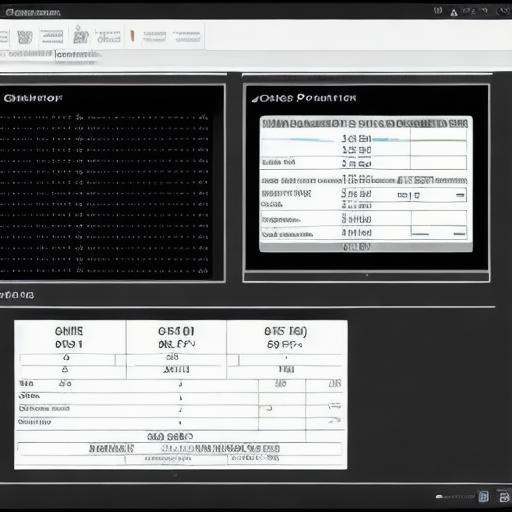Which software is best for sample size calculation

When it comes to sample size calculation, there are several software options available to choose from. In this article, we’ll explore some of the most popular and effective tools for conducting sample size calculations, and provide you with a comprehensive guide on how to use them. We’ll also discuss the importance of choosing the right software for your needs and provide tips on how to optimize your calculations for maximum accuracy and efficiency.
1. PASS Sample Size Calculator
PASS (Power Analysis & Sample Size) is a powerful statistical software package that offers a wide range of features and tools for sample size calculation, including sample power analysis, confidence interval analysis, hypothesis testing, and more. PASS also includes an easy-to-use sample size calculator that allows you to quickly calculate the optimal sample size for your study based on a variety of factors such as effect size, alpha level, and statistical power.
The PASS sample size calculator is particularly useful for researchers who are working with complex data sets or conducting large-scale studies. It offers a range of advanced options and customizations, allowing you to fine-tune your calculations to meet the specific needs of your study. PASS also integrates seamlessly with other statistical software packages such as R, SAS, and SPSS, making it an ideal choice for researchers who work with multiple platforms.
2. GPower Sample Size Calculator

GPower is another popular sample size calculator that offers a range of powerful features and tools for conducting statistical analyses. It includes a simple-to-use sample size calculator that allows you to quickly calculate the optimal sample size for your study based on a variety of factors such as effect size, alpha level, and statistical power.
GPower also includes a number of advanced features and customizations, including the ability to perform power analyses for multiple research questions and hypotheses, and to simulate the effects of different sampling methods and sample sizes on your study’s statistical power. GPower is available as a standalone software package, as well as an add-on for R and SPSS.
3. SampleSizeCalculator.net
SampleSizeCalculator.net is a free online sample size calculator that allows you to quickly and easily calculate the optimal sample size for your study based on a variety of factors such as effect size, alpha level, and statistical power. It offers a simple, intuitive interface that makes it easy to perform calculations and customize your results to meet the specific needs of your study.
SampleSizeCalculator.net also includes a number of advanced features and customizations, including the ability to simulate the effects of different sampling methods and sample sizes on your study’s statistical power. It is available for free online, making it an ideal choice for researchers who want to perform quick and easy sample size calculations without investing in expensive software.
4. SampleSizeCalculator.com
SampleSizeCalculator.com is another free online sample size calculator that offers a range of powerful features and tools for conducting statistical analyses. It includes a simple, intuitive interface that makes it easy to perform calculations and customize your results to meet the specific needs of your study.
SampleSizeCalculator.com also includes a number of advanced features and customizations, including the ability to simulate the effects of different sampling methods and sample sizes on your study’s statistical power. It is available for free online, making it an ideal choice for researchers who want to perform quick and easy sample size calculations without investing in expensive software.
Choosing the Right Software for Your Needs
When selecting a sample size calculator, there are several factors to consider, including the complexity of your data set, the type of statistical analysis you will be conducting, and your budget. If you are working with complex data sets or conducting large-scale studies, it may be necessary to invest in more advanced software packages such as PASS or GPower. These tools offer a range of advanced options and customizations, allowing you to fine-tune your calculations to meet the specific needs of your study.
If you are working with smaller data sets or performing simpler statistical analyses, an online sample size calculator such as SampleSizeCalculator.net or SampleSizeCalculator.com may be sufficient. These tools offer a range of powerful features and customizations at a lower cost than more advanced software packages, making them an ideal choice for researchers who want to perform quick and easy sample size calculations without investing in expensive software.
Optimizing Your Calculations for Maximum Accuracy and Efficiency

Regardless of which sample size calculator you choose, it’s important to optimize your calculations for maximum accuracy and efficiency.